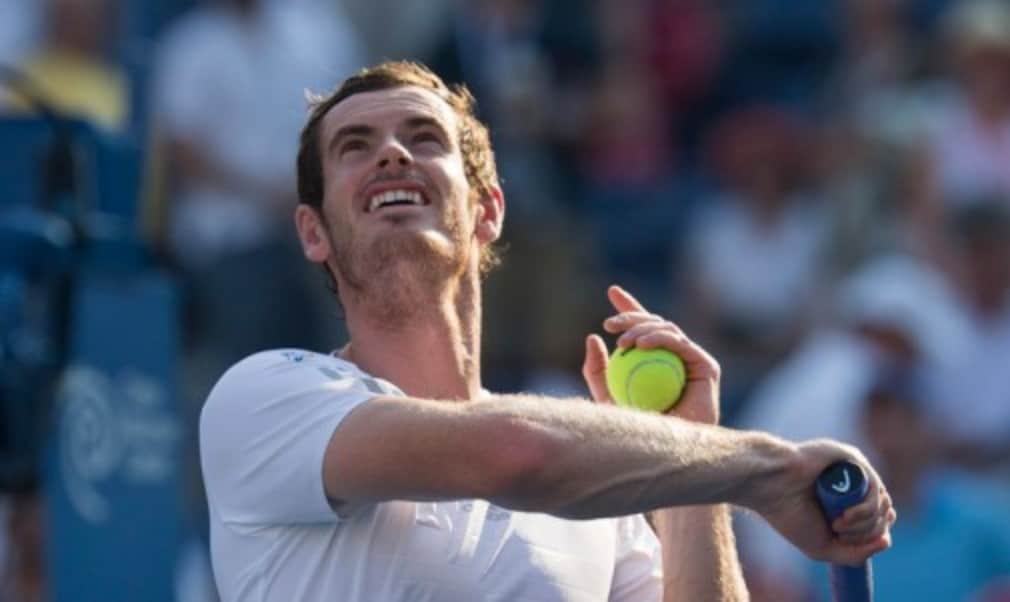
Get out of your slump
Originally published on 09/09/14
Whether you’re a Grand Slam champion or play casually with friends, everyone experiences ups and downs on the tennis court.
There are times when everything just clicks, but maintaining peak performance from one week to the next is not easy, and even Novak Djokovic’s sensational start to 2011 had to come to an end at some point. For every winning streak comes an unwelcome decline, when nothing seems to go your way.
While many slumps are purely psychological; lack of confidence leads to poor results which creates a vicious circle that is hard to escape, there can often be other underlying problems.
Recognising the causes of a slump can be half the battle. Sometimes it can be physical or even technical. Think back to when the troubles started. Had you been ill or had any health issues? Physical problems may have triggered the dip in form, resulting in a lack of confidence, and consequently a downward spiral.
Likewise, changes to technique or equipment can trigger a decline in performance – but these are often temporary. Major changes to your game are best made out of competition when you have plenty of time to adapt.
If you suspect the root of the problem is technical, try reverting back to your old equipment or technique. If the change works well in training but not in matches, the chances are your problem is a mental one.
Sometimes a break can be all that is needed. Take a week off; don’t think about tennis and maybe even try out a different sport. A change of scenery will allow you to recharge your batteries and come back refreshed with a positive outlook.
Sometimes a change is as good as a rest. If things have got stale in training, mix it up a bit. We’re not talking big changes – don’t go meddling with your backhand grip, but a new fitness regime and some fresh drills can make a big difference. Perhaps you can even try training with different players to freshen up practice sessions.
If that doesn’t work, set short-term attainable goals, both on and off the court. Realistic goals that are both attainable and challenging will keep you motivated and help you build up confidence.
When you return to competition, aim low. Play at a lower level or arrange matches against lower-ranked competition to allow you to build up confidence. Winning can be as contagious as losing and getting back to winning ways – no matter who the opponent is – can often be enough to get you back on track.
Finally, stay positive. Try to remember what it felt like to win, and visualise how you did it. Believe in yourself and the winning ways will return, but be patient – it may take time.
"I was on a bad run, mentally I wasn't in the best place, but my tennis is never going to go away,” said Andy Murray after snapping a four-match losing streak following his 2011 Australian Open final defeat to Novak Djokovic. "I didn't feel at any stage in crisis, I just needed to snap out of the mental state I was in and I would come out stronger.”
Sport is all about being as good as you can be throughout each and every moment and having the concentration and confidence to use your skills to their full extent in spite of the pressure. This philosophy requires bravery, the bravery to control your fear and to play freely without the tension that fear imposes – to PlayBrave.”
This article originally appeared in tennishead Volume 5 Issue 3. Subscribe to the magazine today or download tennishead on iTunes.


